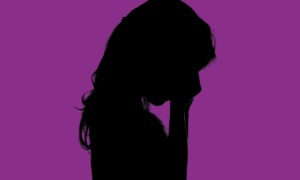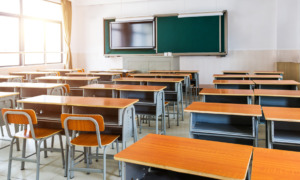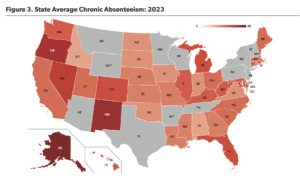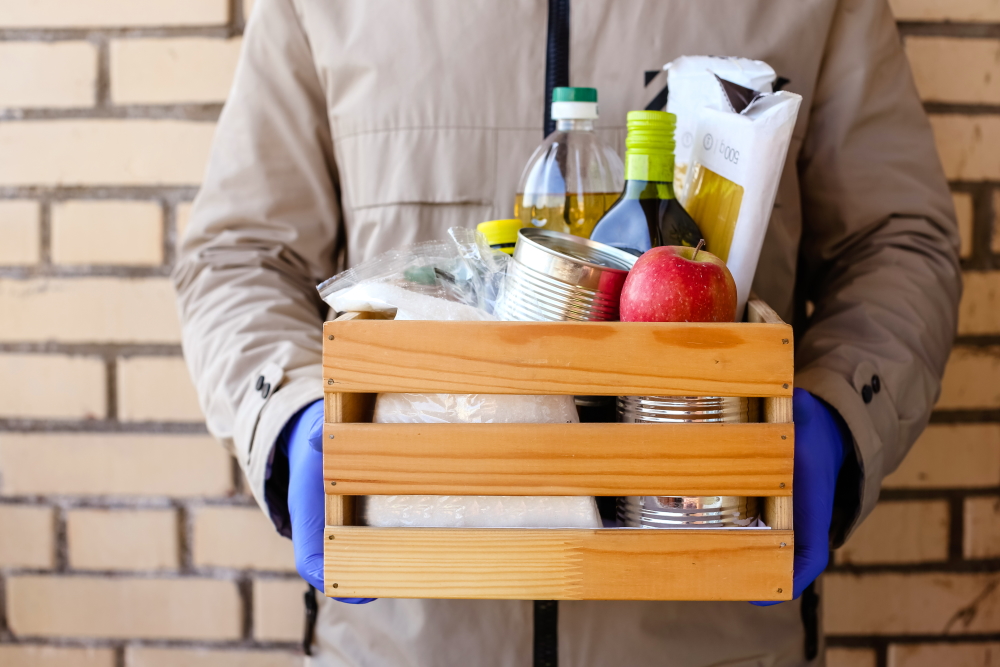 ELIZ A/SHUTTERSTOCK
ELIZ A/SHUTTERSTOCK
According to a report published by Feeding America, one in every six Americans, about 50 million people, will be food insecure this year. The rise of unemployment rates and people losing their jobs due to COVID-19 has contributed to this increase. With these staggering numbers in hand, I asked two young women what their thoughts were about this issue.
Heather Ebert is 28 and lives in Las Vegas. She lives with fibromyalgia, a disorder that causes musculoskeletal pain, fatigue, memory and mood issues. She is fairly new to the disabled community, diagnosed with this disorder six months ago. She has shared her story on social media and plans to raise awareness of fibromyalgia and other invisible illnesses in the coming year.
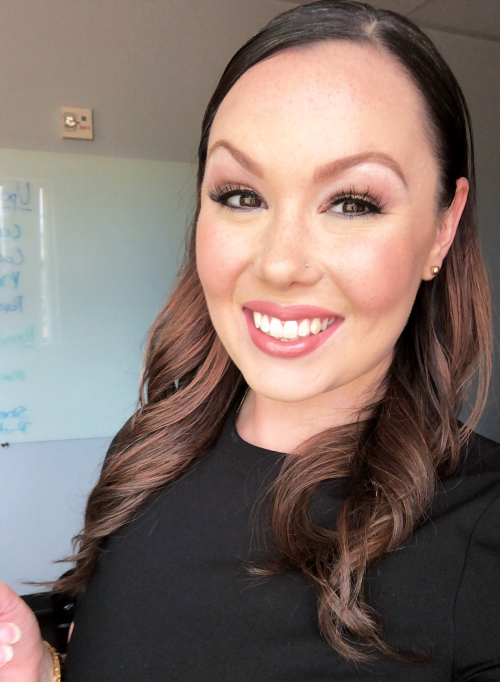
Heather Ebert
“Just like isolation, food insecurity is common among youth with disabilities and their families for several reasons; including the cost of medical expenses, the need for special diets and the reality that sometimes a parent has to be a stay-at-home caregiver,” Ebert said. “We’ve seen a lot of layoffs and furloughs during the pandemic, and for families of youth with disabilities, any threat to their income could be tragic.”
Offering a suggestion to combat this issue, she said, “I think the solution to this both during and post-pandemic is to strengthen our investment in community resources and expand benefits to these families.”
I was surprised to read that the top three states affected by food insecurity are Mississippi, Arkansas and Alabama, in that order. These states are expected to see an increase in food insecurity of 3% to 4% from 2018 to now. This projection includes 17 million children.
Shelby Simpson brought up the fact that families who need help with food insecurity are looking to food banks, churches and other organizations for care packages.
“I feel horrible for them! I am not one of those people, but I feel for them deeply. I know lots of churches are doing food drives & handing out bags of groceries to those in need. My church is one of them! Shoutout to BattleCreek Church,” she said.
Simpson is 18 and lives in Broken Arrow, Oklahoma. She has postural orthostatic tachycardia syndrome (POTS), a condition that affects blood flow, and inappropriate sinus tachycardia, a condition in which a person’s resting heart rate is abnormally high. She has a service dog named Auggie and interacts with the disabled community through Auggie’s Instagram page.
She reflected on the impact COVID-19 has had on her life as well as the lives of other disabled youth.
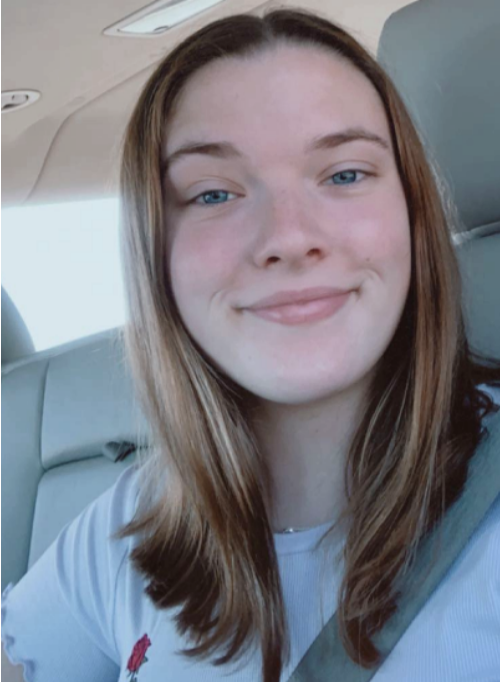
Shelby Simpson
“I feel like it takes a HUGE toll on us mentally,” Simpson said. “And it is so hard to be disabled during COVID, because we are not able to go to as many doctors’ appointments as usual, causing us to be left untreated for weeks. I was waiting on an appointment to try and get diagnosed with POTS and it took me over a month to get in due to COVID.”
Ebert said, “I think everyone has experienced a sense of isolation due to the pandemic, but I think the effects are even greater for youth with disabilities, especially those whose social lives were limited before orders to quarantine. While I understand the decision to close schools to protect the public’s health, the virtual classroom is not necessarily ideal for students with disabilities, as many require specialized attention and accommodations. Additionally, school is sometimes their only or main social setting, and not being able to attend in-person intensifies the isolation they may already feel due to their disability. I also think that the impact of the pandemic on family caregivers is important to talk about. Their role is already challenging, but add increased isolation and a lack of resources, [and] it becomes 10 times harder.”
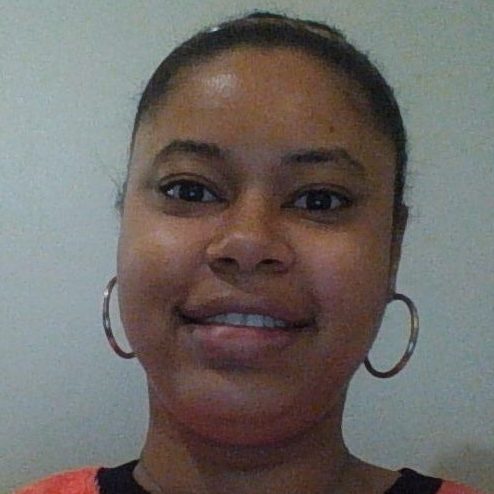
Deandra Mouzon
Food insecurity is yet another challenge families are facing at this time. Many organizations are trying to help combat the issue by opening food banks for people in need. If there are any programs like this in your area, I urge you to get involved and contribute where you can, especially since this problem has not received the attention it deserves.
Deandra Mouzon is a Georgia-based journalist who received a B.A. in journalism from CUNY’s York College. Currently she is working on a publication about youth with disabilities.


